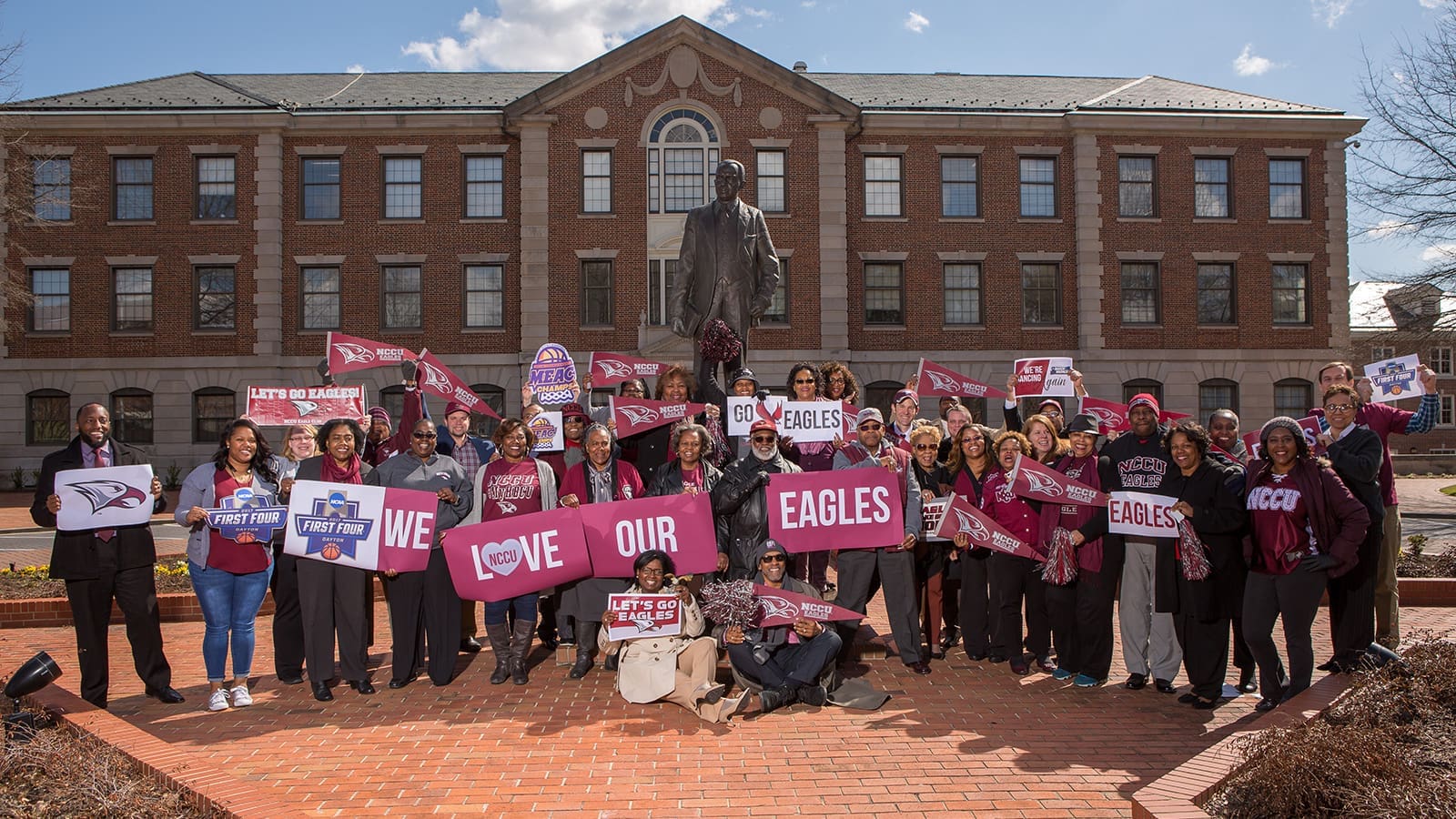
Get stories and expert advice on all things related to college and parenting.

Many college students think they are “cool” and may resent interference with their newfound independence. Most desire the security of knowing that you are still interested in their well-being. Parental curiosity may add more stress than relief, depending on the attitudes of the persons involved. Try to avoid “I-have-a-right-to-know” tinged questions with ulterior motives or “the nag.” Honest inquiries, however, and the “between friends” communication and discussion will do much to strengthen the parent-student relationship.
The power of suggestion can be dangerous. The idea of being homesick often doesn’t occur until someone suggests it. The first few weeks of school are full of activities and friends. The challenge of meeting new people and adjusting to new situations takes most of a student’s time and concentration. So, unless they’re reminded of it, they may be able to escape the loneliness and frustration of homesickness. Even if they don’t tell you during those first few weeks, they do miss you.
Although students are typically eager to experience all of the away-from-home independence they can in those first weeks, most still yearn for family ties and the security those ties bring. This surge of independence may be misinterpreted as rejection by sensitive parents, but most students want some news of home and family. There’s nothing more disheartening than an empty mailbox. (Warning: don’t expect a reply to every letter or email you send.) And sometimes, it’s better to let them call you. Don’t call every day — just check in when necessary, and encourage your student to solve their own problems before calling home.
Parenting can be a thankless job, especially during the college years. It’s a lot of give and only a little take. Often when troubles become too much for a first-year student to handle (a flunked test, end of a relationship and a shrunken T-shirt — all in one day), the only place to turn, write or call is home. Unfortunately, this is often the only time that an urge to communicate is felt so strongly, so you rarely get to hear about the “A” paper, the new relationship or the domestic triumph.
Visits by parents (especially those that include a shopping spree or dinner) are another part of first-year events that students may not admit they like, but do appreciate. Pretended disdain of these visits is just another aspect of the first-year syndrome. Plan the visits ahead of time — don’t just pop in unexpectedly as that has potential to cause problems! We recommend waiting at least 30 days for the first visit to or from home.
The first year of college can be full of discovery, inspiration, good times and new friends. Students also can experience indecision, disappointments and mistakes. It will take time for some students to realize that making mistakes and being happy, sad, confused, liked and disappointed are all part of growing up.
Parents should understand that many college students do not earn good grades, know what major they want to study, have activity-filled days, or make lots of friends. But there are students who do experience these things. And there are many who undergo trials and hardships. Being college-educated does not mean one is infallible. Parents who try to accept and understand their student’s experiences are providing support and encouragement when it is needed most.
Most college students are still financially dependent on parents to some degree. Discuss your family’s financial status with your son or daughter. Students need to know how much money will be available to them and how much of the fiscal responsibility is theirs.
When the school year ends and your son or daughter returns home for vacation, plan to discuss the rules of living at home. Parents need to respect the individuality their children have worked hard to achieve, and students need to know there are rules and courtesies to follow.
Excerpt from the Orientation Directors Manual published by the National Orientation Directors Association and from “Putting Someone Through College” by Jerry O’Connor.